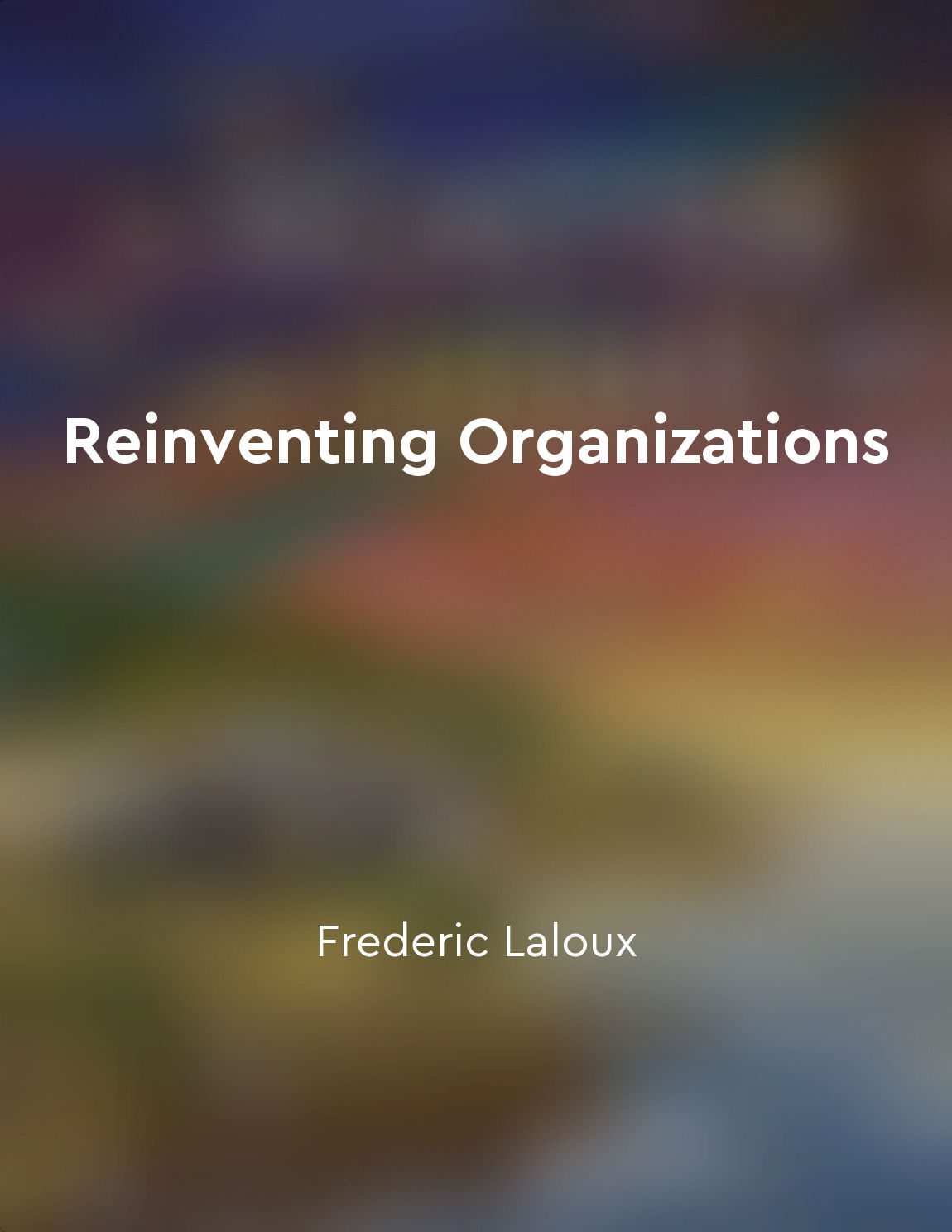Embracing new power requires a shift in mindset from "summary" of New Power by Jeremy Heimans,Henry Timms
To understand and harness the potential of new power, individuals and organizations must be willing to undergo a fundamental shift in their mindset. This shift involves moving away from traditional structures and ways of operating, and towards a more participatory, decentralized, and networked approach. Embracing new power requires a willingness to relinquish control, share power, and engage with others in a more collaborative and transparent manner. In the old power world, authority was centralized, hierarchies were rigid, and information was closely guarded. Those in positions of power held all the cards, and decisions were made behind closed doors. However, in the new power world, power is distributed, networks are fluid, and information is freely accessible. It is no longer enough to simply hold power; one must also know how to wield it effectively in a world where influence is increasingly diffuse. This shift in mindset is not always easy, as it requires individuals to let go of their preconceived notions of power and control. It involves a willingness to listen, learn, and adapt to new ways of thinking and operating. Those who are able to embrace this new mindset will be better equipped to navigate the complexities of our rapidly changing world and tap into the potential of new power to drive positive change.- Embracing new power is about recognizing the power of the crowd, the importance of collaboration, and the value of openness and transparency. It is a mindset that values inclusivity, diversity, and shared ownership, and that understands the power of mobilizing people towards a common goal. By making this shift in mindset, individuals and organizations can unlock new possibilities, drive innovation, and create lasting impact in an increasingly interconnected and interdependent world.
Similar Posts
Always say less than necessary
When you are trying to impress people with words, the more you say, the more common you appear, and the less in control. Even i...
Keep others dependent on you to maintain control over them
To maintain control over others, you must make them dependent on you. This dependency gives you power over them, as they will r...
Globalization
Globalization was the new reality, a force that transformed every aspect of American life. It had no borders or boundaries, flo...
Power can be a force for compassion and kindness
The concept that power can be a force for compassion and kindness challenges our common assumptions about power dynamics. Inste...

Teal organizations are a response to the needs of our time
Teal organizations are not a passing fad, but a response to the needs of our time. They represent a new stage in the evolution ...
Embracing new power can lead to a more participatory and inclusive society
When people embrace new power, they are choosing to operate in a more decentralized, participatory manner. This shift in mindse...

Eliminate silos and barriers to collaboration
In most organizations, silos and barriers to collaboration are a common issue. These silos can be physical, like separate teams...
Even the most powerful institutions are not immune to the forces of change
The idea that even the most powerful institutions are not immune to the forces of change is a central theme in "The End of Powe...
Power can be wielded responsibly for the greater good
The idea that power can be wielded responsibly for the greater good is a central theme in Acting with Power. Many people view p...
Power is rooted in truth and authenticity
The essence of power lies in its foundational connection with truth and authenticity. Power is not found in manipulation, decei...

